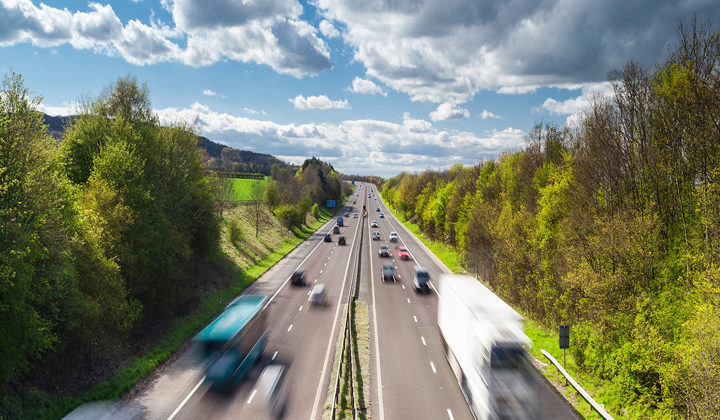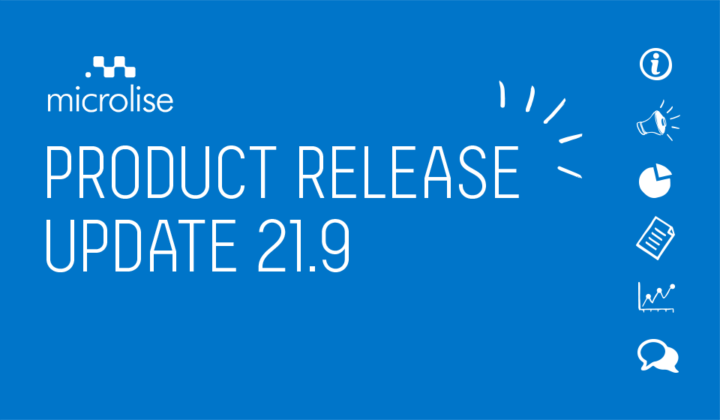We are getting quite excited about the IRTE Conference, which takes place next month (17 September).
You would be excused for thinking that the description of the morning keynote was more akin to describing a scene from Back to the Future II, where Marty McFly goes to the future where there are all sorts of amazingly futuristic vehicles.
In actual fact, the keynotes very well could and perhaps should be that futuristic, as the fictional future that Marty travels to in Back to the Future II is now actually only two months away (21 October, 2015) in our real future as I write this. But I digress…
We’re excited because we are going to hear from Cambridge Professor David Cebon on all sorts of futuristic transport logistics notions including longer combinations, improved braking, steering robot systems and automated systems capable of stopping left-turning trucks when cyclists are detected on a collision course.
In fact, safety is one of the ongoing themes of the event, with updates on the CLOCS project, as well as FORS, and the latest work to optimise truck shapes and driver positions, both for aerodynamic efficiency and for improved safety for vulnerable road users.
We’ll also be getting the latest from McLaren Racing’s Martin Boyes, who will give an insight into the world of F1 transport and logistics. He’ll tell us exactly how they manage to get all of their F1 racing cars, their drivers and support teams, systems and equipment – as well as event hospitality – to the right place at the right time.
Following the main morning sessions, I will be hosting a Technology Showcase with transport operator and Microlise customer Brit European. The main themes we’ll be discussing during the session include fuel-saving and efficiency improvements using telematics, as well as how driver behaviour can be improved.
Together we’ll tell the story of how Brit European embarked on an ambitious strategy to launch its Environmental Efficiency Project in the middle of post-recession UK. It was a bold plan to use equipment design, aerodynamics, technology and staff training to reduce its environmental impact and increase operational efficiency.
We’re very much looking forward to the event, and if you are attending we hope to see you in Seminar Session 1b at 14.20. Come and say hello.




